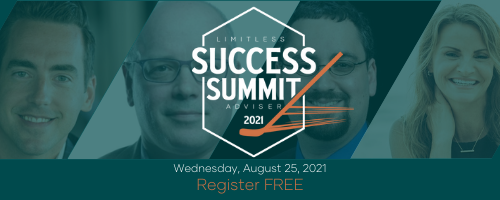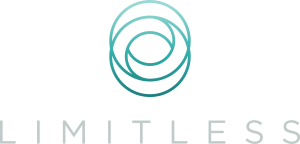If you want to grow your revenue, income, time off and satisfaction faster than you thought possible, simply follow this advice from Stephen Covey, “The main thing is to keep the main thing the main thing.”
Each year we set goals to grow revenue, deliver more value to clients, and run a more efficient business. Yet, most financial planners spend their time on a task list treadmill, with a steady stream of client meetings, emails, calls and staff to be managed. And when even the most optimistic among us get overwhelmed, we turn to one of my favorite rationalizations disguised as focus: we take on efficiency projects that help us get faster at filling our plates.
In the pursuit of our goals, we inadvertently create the biggest barrier we face to actually achieving them – our goals are forced to compete with each other for the scarce resources required to make them a reality.
As James Clear points out in Atomic Habits, “Most people don’t have trouble focusing. They have trouble deciding.” We say yes to so much that we’re forced to divide our efforts, which dilutes our efficacy. Clear’s advice is to ruthlessly trim our goals until we’ve said no to almost everything, ensuring that we stay focused on the few things that will add the most value.
The issue is that we don’t follow this advice. Instead, we’re in the habit of saying Yes, even when it doesn’t serve us.
Yes-ing happens because we’re hard wired to avoid the No. To our brains, the very idea of saying no to something can trigger the fear of scarcity or fear of missing out that sends our brains into survival mode. We instinctively fear that we will lose the prospect, the revenue, the referral source, or the opportunity that can’t be missed.
This divide-and-conquer approach to succeeding is the culprit for much of our stalled progress. The best way I know to speed up is to slow down. So, let’s skip to my favorite exercise for staying clear on the main thing.
Start by getting clear on what your main thing is. It’s impossible to discern if something supports your main thing if you’re fuzzy about what it is.
Ben joined coaching three years ago because he wanted to ‘stop under-earning while being overwhelmed.’ That’s a bit fuzzy for a main thing, so he set a crystal-clear goal: build a $1 million-100 client-100 day off year practice by his 40th birthday so he could spend serious time with his six kids.
With his main thing clear, Ben doubled down on his niche, raised his minimums, redesigned his services and systematized his practice, all while deciding against anything that distracted from his main thing.





